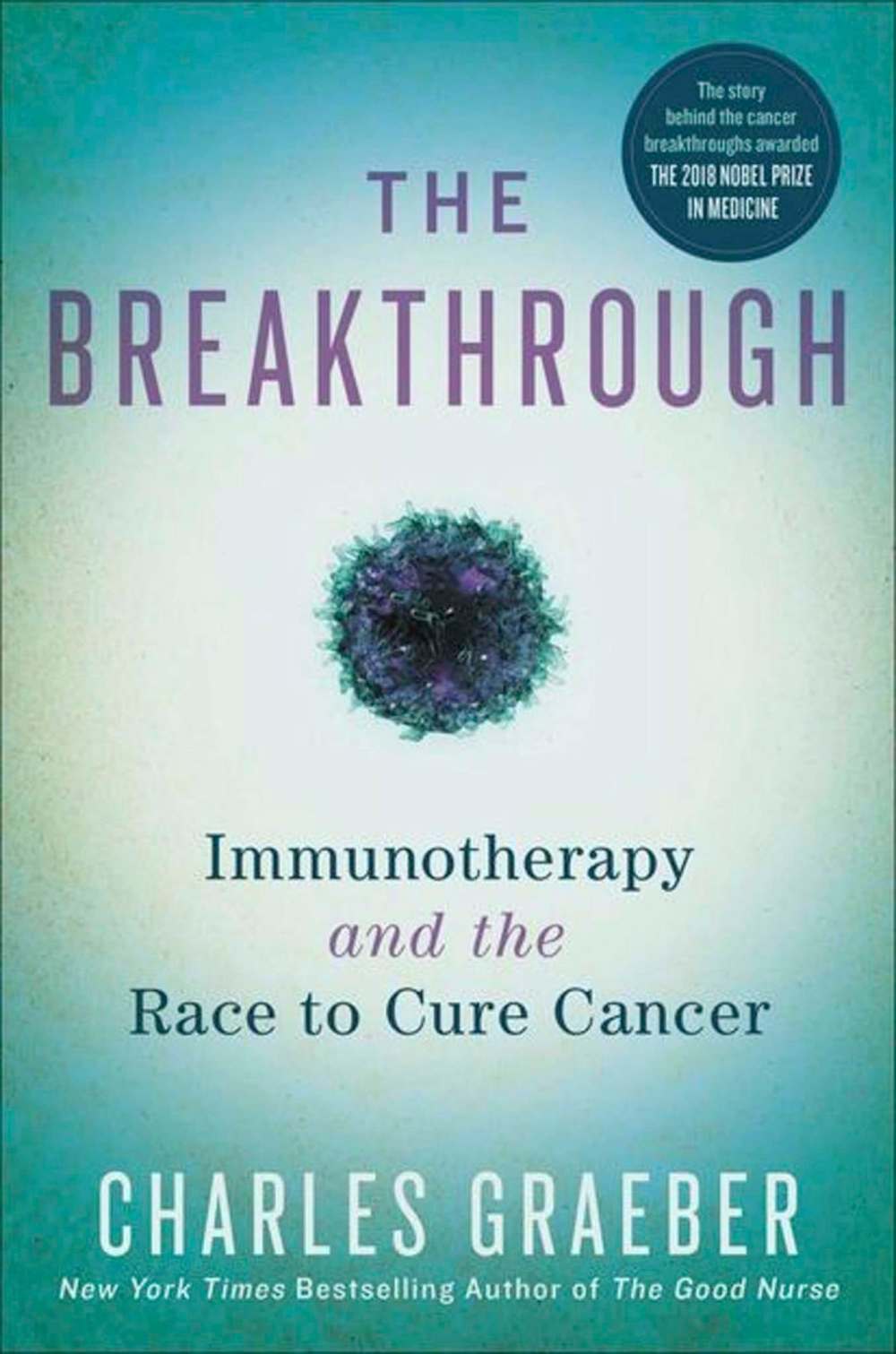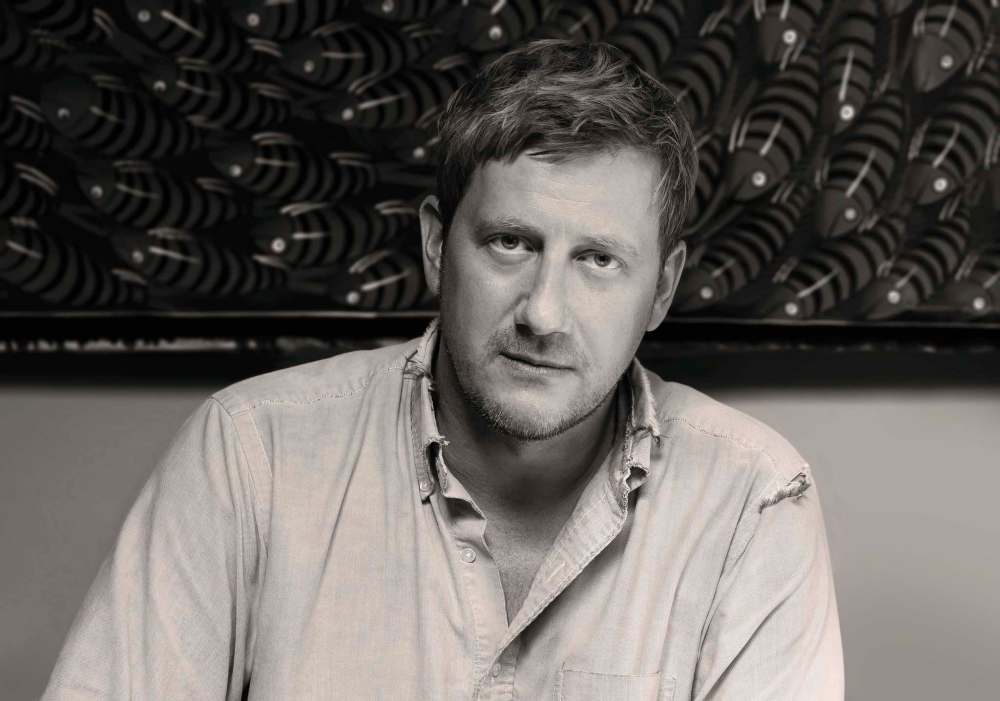A tough cell
Costly checkpoint inhibitors could prove pivotal to battle against cancer
Advertisement
Read this article for free:
or
Already have an account? Log in here »
To continue reading, please subscribe:
Monthly Digital Subscription
$0 for the first 4 weeks*
- Enjoy unlimited reading on winnipegfreepress.com
- Read the E-Edition, our digital replica newspaper
- Access News Break, our award-winning app
- Play interactive puzzles
*No charge for 4 weeks then price increases to the regular rate of $19.00 plus GST every four weeks. Offer available to new and qualified returning subscribers only. Cancel any time.
Monthly Digital Subscription
$4.75/week*
- Enjoy unlimited reading on winnipegfreepress.com
- Read the E-Edition, our digital replica newspaper
- Access News Break, our award-winning app
- Play interactive puzzles
*Billed as $19 plus GST every four weeks. Cancel any time.
To continue reading, please subscribe:
Add Free Press access to your Brandon Sun subscription for only an additional
$1 for the first 4 weeks*
*Your next subscription payment will increase by $1.00 and you will be charged $16.99 plus GST for four weeks. After four weeks, your payment will increase to $23.99 plus GST every four weeks.
Read unlimited articles for free today:
or
Already have an account? Log in here »
Hey there, time traveller!
This article was published 26/01/2019 (2502 days ago), so information in it may no longer be current.
This is a book about cancer.More precisely, it’s a brilliantly rendered story about the search for a cure for the insidious disease. And, as the title implies, author Charles Graeber believes we are on the cusp of a cure.
Graeber — a former medical student turned journalist, and author of the 2014 bestselling true-crime book The Good Nurse — pulls you into his narrative right off the hop and never lets go.
Historically, Western medicine has treated cancer in three ways: surgery, radiation and chemotherapy — in medical parlance also known as the “cut, burn and poison” remedies.

These techniques, according to Graeber, “cure cancer in about half of the people who develop the disease… But that leaves the other half of cancer patients. Last year, in the United States alone, that translated to nearly 600,000 people who died of the disease.”
He deftly tracks the cutting-edge scientific research of the past decade that credits our immune system as an attainable holy grail of cancer treatment.
Our immune system is our front-line defence against disease caused by viruses, bacteria, parasites, fungi and toxins. It attacks every foreign invasion of our bodies — from the flu and common cold to smallpox and malaria, and everything in between.
Our bodies respond, sometimes in a very tailored response, to infecting agents.
But our immune system seemingly doesn’t fight cancer. Graeber’s account challenges this, until recently, conventional medical wisdom — declaring that “it does, or tries to. But cancer uses tricks to hide from the immune system, shut down our defenses, and avoid the fight.”
Much of the early part of the book is about how cancer is different from any other invader of our bodies. “It does not announce itself like the flu or any other disease, or even a splinter,” Graeber writes.

“It does not seem to sound an alarm in the house of the body, or provoke an immune response, or show symptoms of immune battle: no fever or inflammation or swollen lymph glands or even a sniffle. Instead, the tumour is suddenly discovered, an unwelcome guest that has been growing and spreading out, sometimes for years.”
Cancer is the great trickster of the human body, Graeber maintains, but a new class of immunotherapy drugs called checkpoint inhibitors is disabling the trickster.
The breakthrough discovery of the book title was that cancer is characterized by certain tricks or “checkpoints” that telegraph a false message to the immune system: “Don’t attack.” Checkpoint inhibitors are drugs that block that diversionary checkpoint command so that the immune system is unleashed to attack the cancer.
Graeber is a gifted writer. He employs metaphors to reinforce his explanations of complex cell structure for a lay audience. He also has a great sense of humour; the book is laced with sly wit that surfaces amidst the microbiology when you least expect it.
He also knows people are interested in people. So throughout, we are introduced to average-Joe individual cancer patients and their treatments and outcomes.
Unfortunately, and Graeber admits this, he doesn’t explore the economics of immunotherapy drugs. They are, and remain for the foreseeable future, an expensive proposition.

Many of the individual stories he recounts involve people who were fortunate enough to get involved in a clinical trial (at no cost to them) or were beneficiaries of big-time fundraising.
However, that quibble aside, Breakthrough is a terrific mix of medical sleuthing, niftily explained microbiology and compelling human-interest stories.
Douglas J. Johnston is a Winnipeg lawyer and writer.


